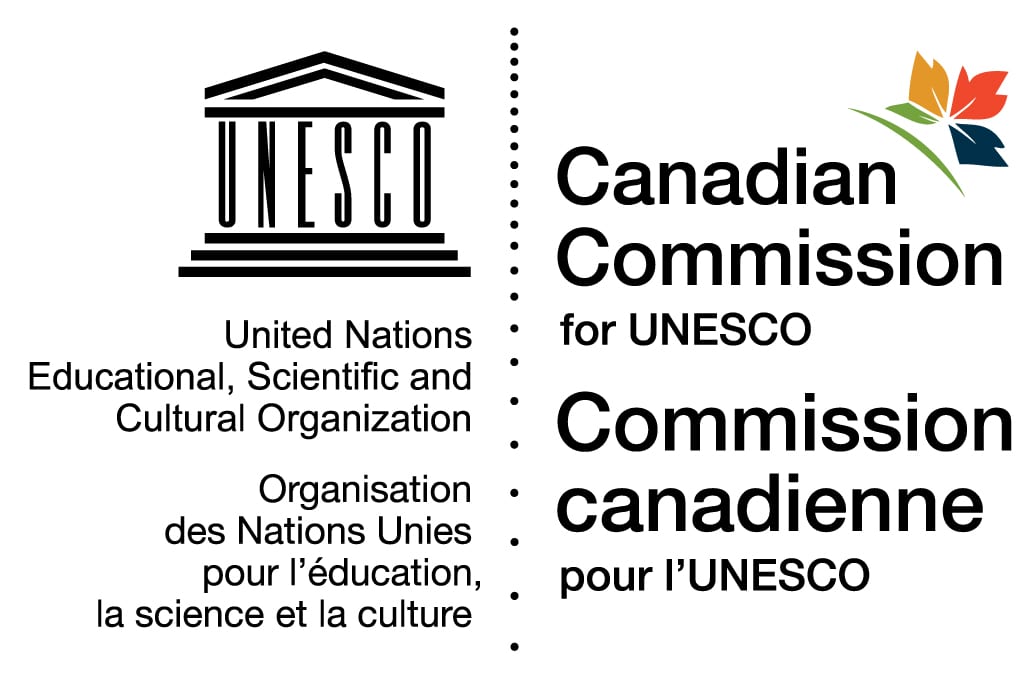Concept Note
Where do calls for more sustainability and inclusivity and an increase of student and scholar mobility in higher education meet? In conversations and in literature, buzz-phrases such as ‘responsible”, ‘ethical’, ‘sustainable’, and ‘inclusive’ internationalization at the university/college level exist, but how do these words translate into the global, national and institutional mobility programs and fit into a culture of collaboration and exchange?
Higher education institutions have long been a catalyst of international knowledge exchange with people and ideas crossing borders for hundreds of years. However, international mobility is increasingly challenged with global geopolitical tensions, economic strains, climate change concerns, a global pandemic, and systemic racism. This has prompted scholars and practitioners to question whether this is the decline of the internationalization of higher education as we know it or the beginning of a new era complete with new models of practice.
This virtual conference is an open forum that welcomes “multiple voices” to help build an understanding of the evolving status of mobility in Canada´s higher education and beyond, to critically reflect on where we are now, and to collectively build a future vision of international mobility within internationalization strategies and practices. With student mobility at focus while also looking into related mobility issues such as research collaborations and university partnerships, the discussion will focus on the challenges, benefits, impacts, and shifting nature of international mobility at educational institutions.
Discussions will include how the perception of education abroad is evolving in an era of climate change, global pandemics, and global geopolitical and economic strains; how to cultivate reciprocal, sustainable, and mutually beneficial mobility programs; and share innovative frameworks, policies and practices. This is an opportunity to share experiences with the wider national and international communities; learn from others’ experiences and initiate long term discussions and partnerships.
Overall conference themes:
- Sustainable and responsible mobility – new paradigm or just paradox?
- ‘All means all’ inclusive access to international exchange and collaboration
- Practical approaches to innovation in higher education practices of student and scholar mobility
The Conference aims to:
- Initiate a discussion with global perspectives on international education and sustainability (post COVID-19) by bringing together mobility experts and coordinators responsible for international services and exchange programs, as well as experts in Education for Sustainable Development (ESD) and Global Citizenship Education (GCED) with policymakers and other practitioners
- Develop a Toronto 2022 York Declaration on responsible mobility in higher education: while recognizing the importance of international student and research mobility, higher education carries a responsibility to understand their impact in contexts of addressing both globalization and sustainability
- Contribute to the future of international education and sustainability in a new era of global uncertainties (post COVID-19)
- Bring forward international mobility discussions beyond student exchange to include innovative and inclusive global learning models and pedagogies whilst sharing a Canadian perspective(s) on internationalization and mobility
- Develop a strategy for ongoing networking and sharing in research and capacity building within the field that will extend well beyond the Conference
Conference Themes
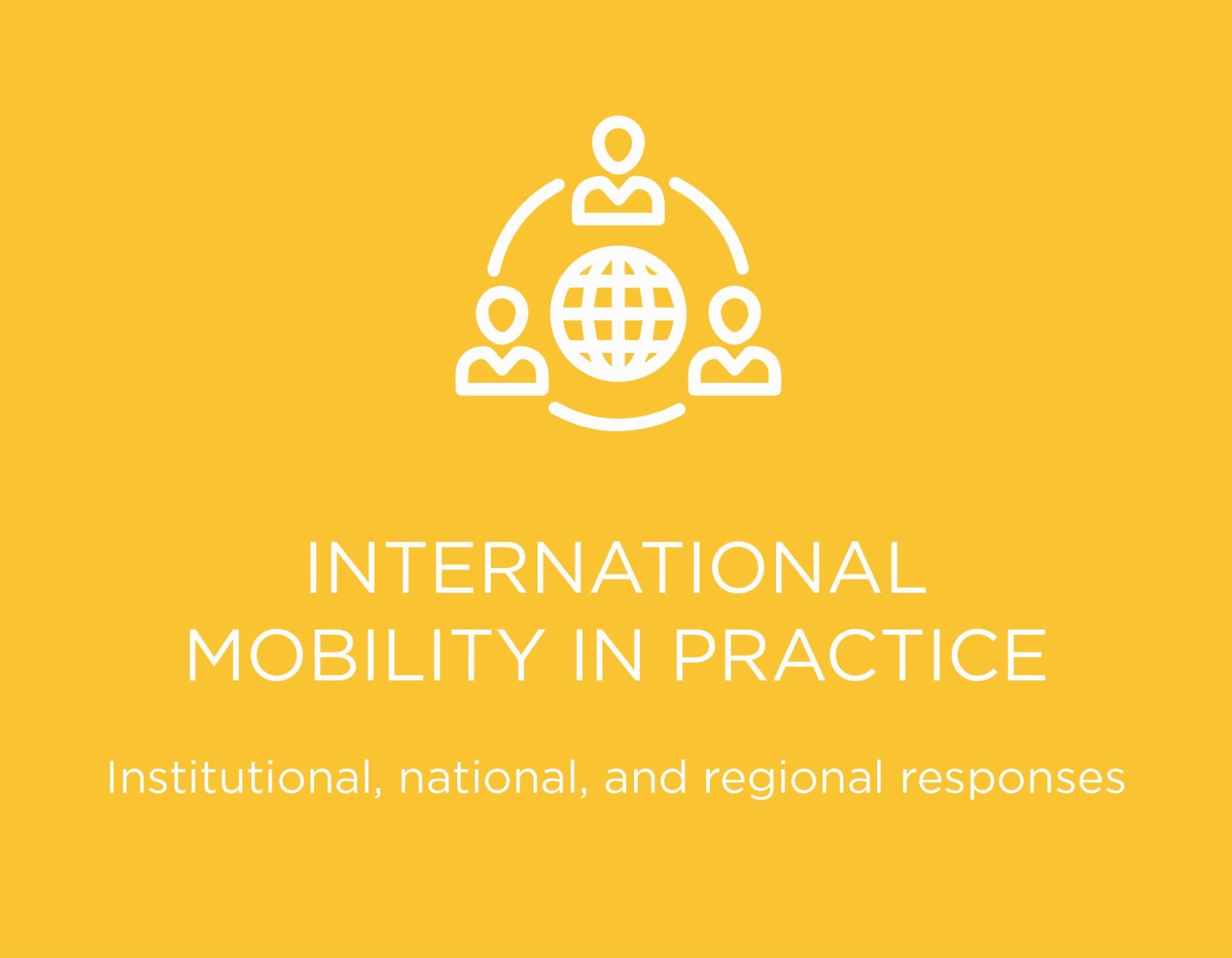
International mobility in practice: institutional, national, and regional responses.
What are successful examples for mobility programs for students and academics and what are potentially replicable aspects? How can such programs enhance the implementation of the UN Sustainable Development Goals (SDGs)? What are policies and frameworks that foster a more sustainable approach to mobility and where are the current gaps? What are the drivers and barriers for students and academics in participating in and benefitting from international education? What has changed through COVID-19? What lessons can be learned from diverse international mobility models and experiences?
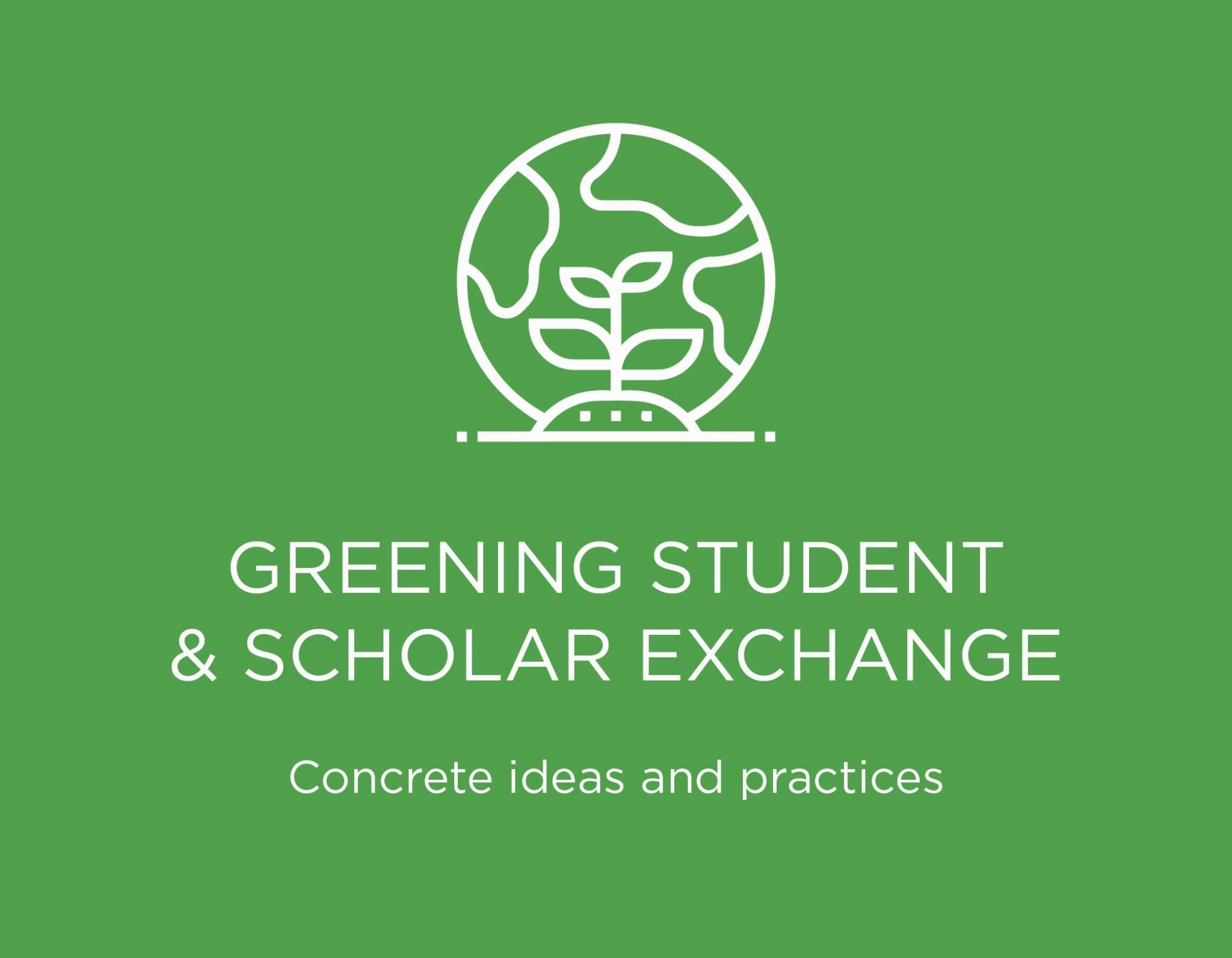
Greening student and scholar exchange: Concrete ideas and practices.
The international education community has been critiqued for its lack of recognition and action in relation to the environmental carbon footprint of its mobility programs. What are some current and/or future frameworks and practices that address this concern? How do exchange and internationalization activities align with the pursuit towards sustainability? What are the unspoken of (mental, emotional, and psychological) burdens that need to be addressed?
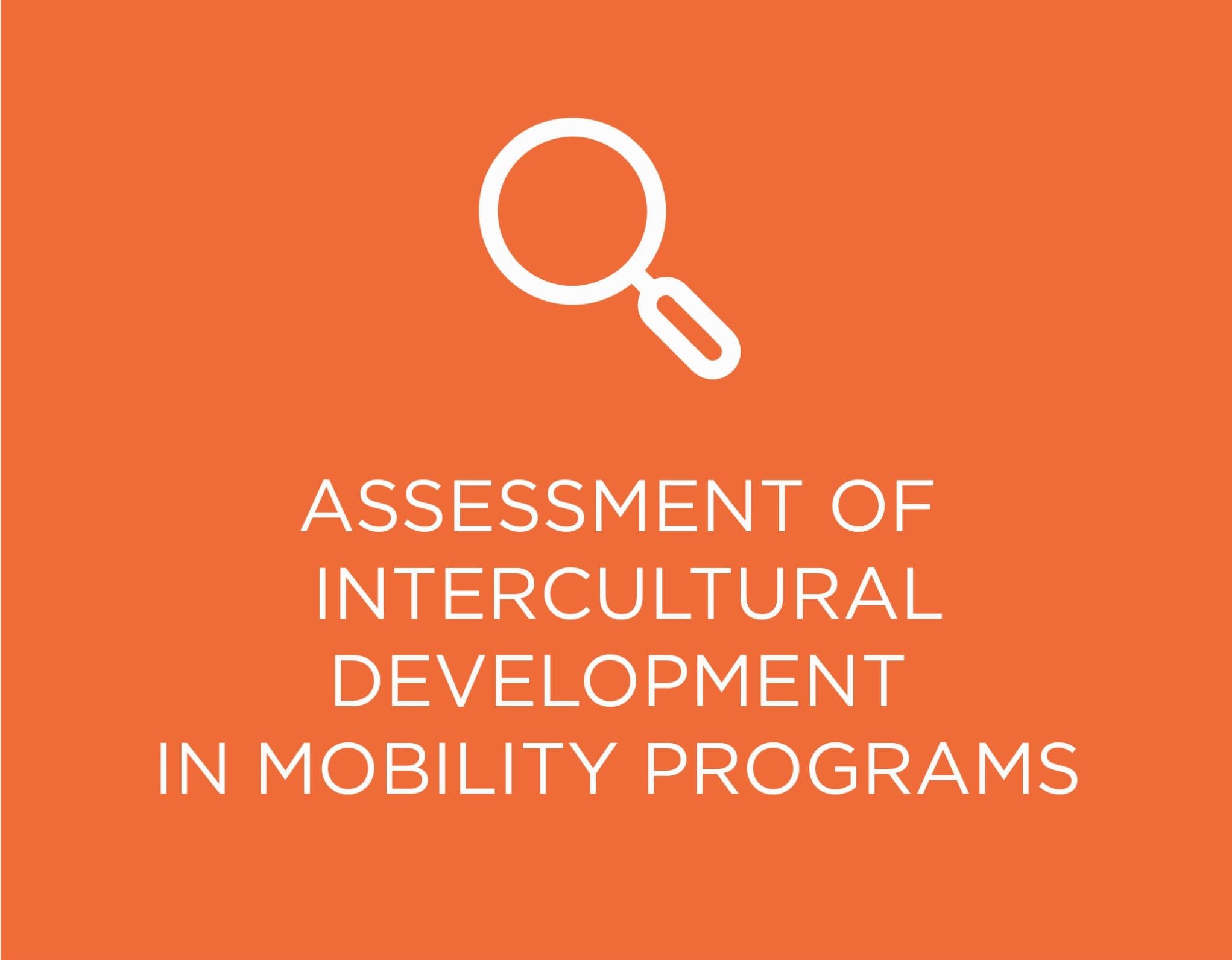
Assessment of intercultural development in mobility programs.
Can we assess the short and long-term intercultural learning and development stemming from mobility programs? How do we design learning outcomes and assessment tools that are credible and fit within the mission and vision of the postsecondary education institutions?
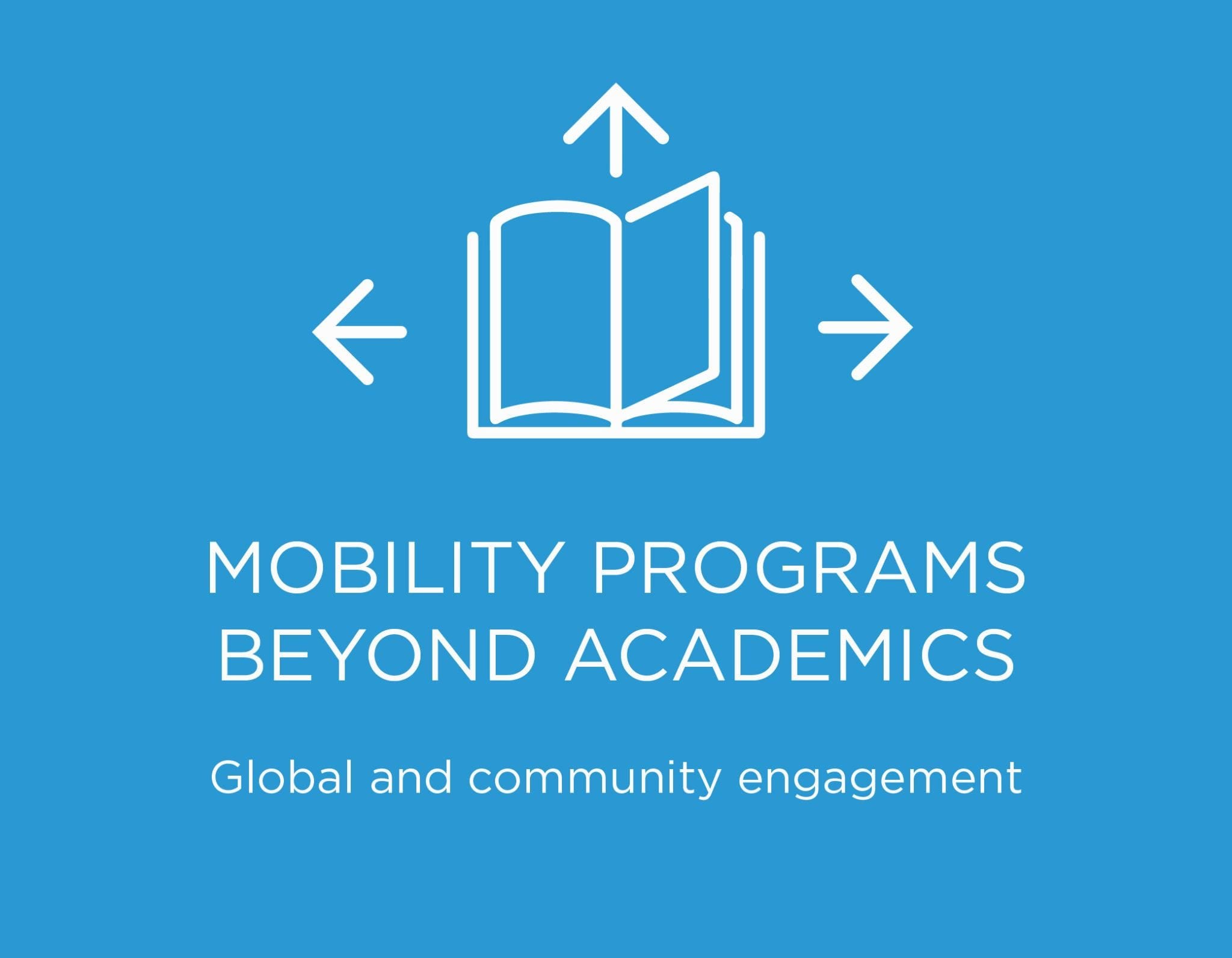
Mobility programs beyond academics: global and community engagement.
How can mobility programs contribute to the higher education institutions third mission, Community Service? Do we have a responsibility to bring back knowledge, innovative practices, and international contacts to our own and host communities? Is there a magical threshold between post-colonialization and global community service?
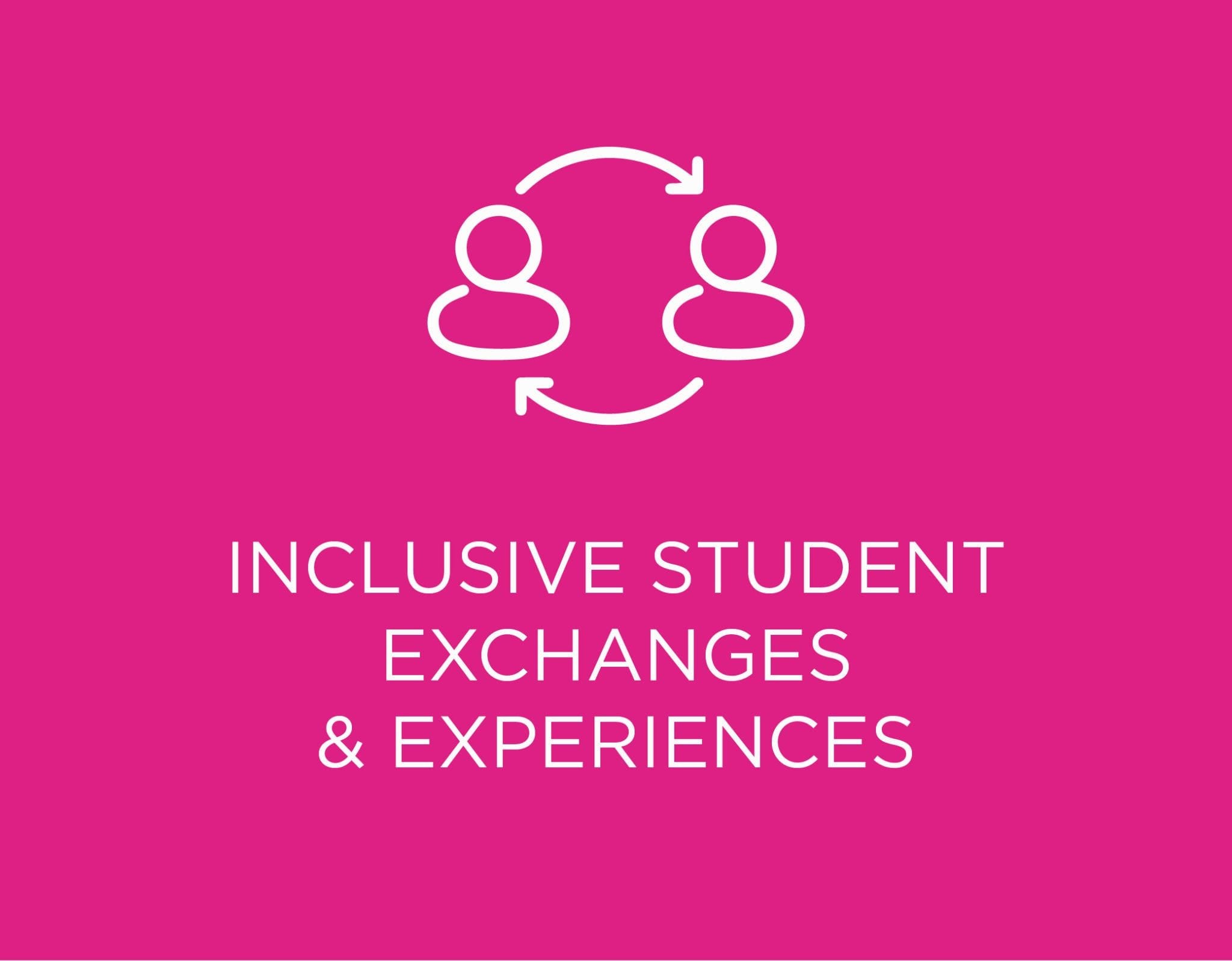
Inclusive student exchanges and experiences.
How can we enhance and systemically embed the internationalization of higher education in sync with calls for indigeneity, anti-coloniality, anti-racism and anti-imperiality? Increasing participation and creating equitable access are priorities in many institutions. Yet, to date, outgoing numbers in many countries are low and students with disabilities, students from lower socio-economic backgrounds, mature students and other groups have been less represented. How do we ensure broader participation and a more inclusive exchange experience?
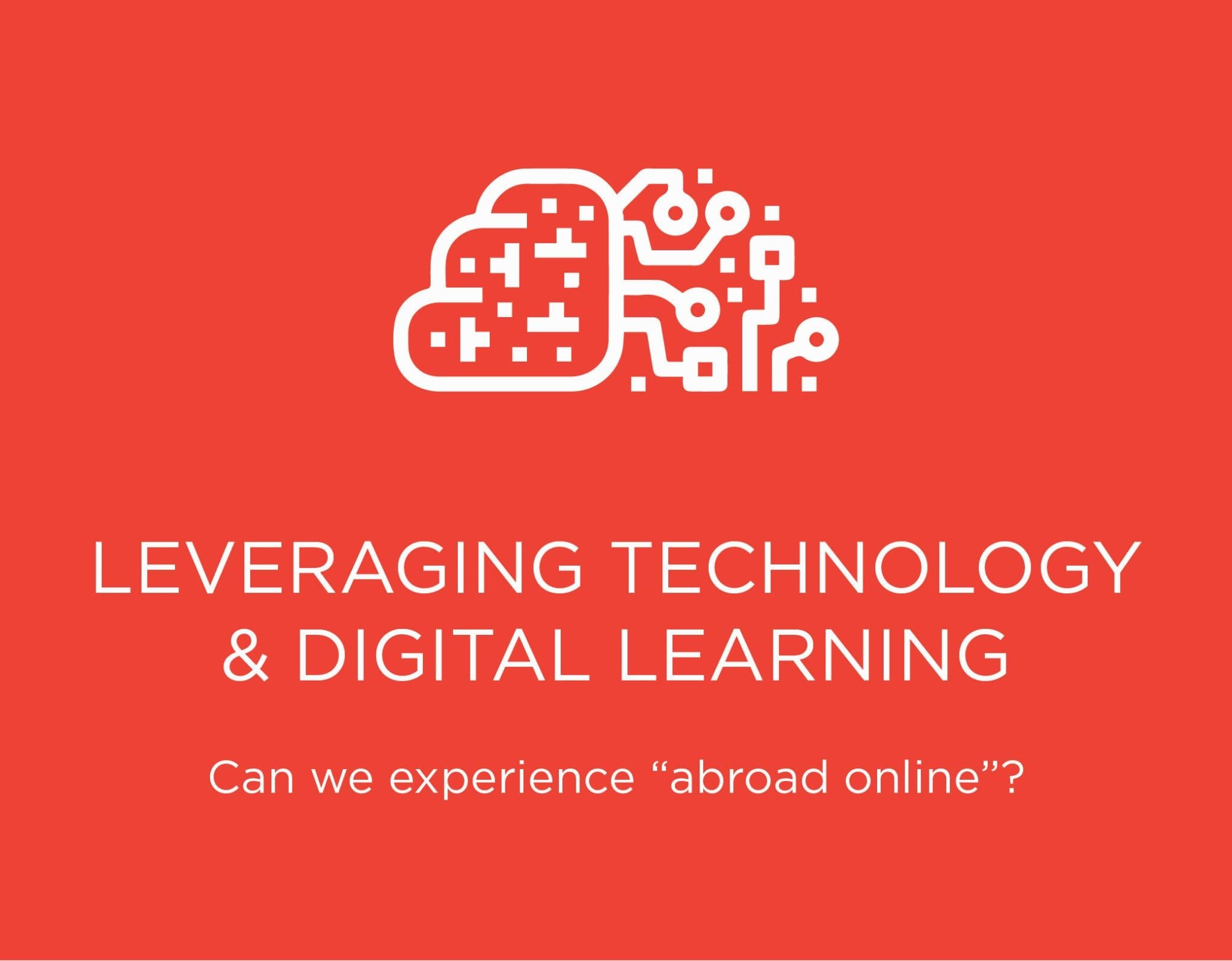
Leveraging technology and digital learning: Can we experience “abroad online”?
What are the opportunities and limitations of the online experience? What are the implications in terms of quality, standards, and professional development? How can we create online experiences that further identify and connecting beyond one's own community?
Conference Partners
International Association of Universities
To learn more about the IAU, visit www.iau-aiu.net/
Okayama University, Japan
To learn more about Okayama University, visit www.okayama-u.ac.jp/
Canadian Commission for UNESCO
